Deactivating the Polyvagal Response to Racial Trauma
$219.00 $65.00

Deactivating the Polyvagal Response to Racial Trauma
Sale Page
Archive Page
Get Deactivating the Polyvagal Response to Racial Trauma on Salaedu.com
Description:
Good intentions are not enough to heal generational wounds incurred by racial trauma and decades of systematic racism.
It requires refined knowledge and skills that many clinicians were never taught.
That’s why we’re bringing you a brand-new approach to treatment!
Polyvagal theory for complex racial trauma offers a profound method for developing connection with clients to resolve trauma. Targeting the vagus nerve, polyvagal response deactivation interventions sooth the nervous systems of both you and the client. Through this interactive co-regulating process you will transform your clients’ minds, bodies, and your practice.
Get ready for an incredibly impactful one-day training with Candice Dickens, LPC. With 30 years of experience as a clinician, she specializes in trauma-based care and the intersection of race, ethnicity and other cultural factors. Candice shares with you a moving experience of learning to lead clients through processing their own complex trauma related to race, childhood experiences, and more – while also deepening your understanding of your own nervous system reactions in session.
In this online training you’ll learn how to receive the client as they are, enriching your dyadic attunement. The unique application of polyvagal response to racial trauma encourages:
- Processing of intergenerational and legacy trauma
- Growth of new neurological connections changing old patterns
- Decreased reaction to triggering stimuli related to race seen on media and other places
- And much more!
Don’t wait, learn how to help clients resolve complex racial trauma symptoms today in this one-of-a-kind training!
Outline:
Pathways of Trauma Genesis: Development of Generational Transmission
- Intergenerational trauma – how it works
- Racial Trauma as Infinity Complex traumas
- Redefining Post-Traumatic Stress Disorder
- Eurocentric cultural biases
- Discerning complex racial and ethnic trauma
- Enhance skills for clients of intersectional identities
Racial Trauma and the Polyvagal Response: Healing Its Impact and Moving Forward
- Essential components of polyvagal theory
- Polyvagal response to racial trauma for all
- Neurological connections and our clients’ worlds
- Adrenaline fatigue, burnout from “survival mode”
- Shame, grief, and self-deprecation, a psycho-social perspective
Unique Aspects of Assessing Racial Trauma: Find Hidden Trauma
- Comorbidities – discern symptoms from systemic oppression
- How to identify index traumas
- Tips for deactivating response to internal and external triggers
- Impact of Adverse Childhood Experiences (ACES)
- Identification of racial specific trauma and stress
- Use cultural competency to foster rapport
Deactivate Trauma Responses and Move Toward Safety
- Experiential mind-body breathwork for vagus nerve soothing
- How to use internal resourcing for healing trauma
- 5 Ways to liberate traumatic racial memories
- Legacy trauma unburdening and unpacking
- Building community support and other protective factors
- Creating safety regulation in traumatized clients
Tools for Therapeutic Racial Justice in Session
- Tips for incorporating cultural humility
- Cultural practices as tools for generational healing
- Scripts for enhancing communication on difficult topics
NLP online course
So what is NLP?
Firstly, NLP stands for Neuro-Linguistic Programming. Secondly neuro refers to your neurology;
Thirdly linguistic refers to language however, programming refers to how that neural language functions.
As a result,In other words, learning NLP is like learning the language of your own mind!
Moreover, NLP is the study of excellent communication–both with yourself, and with others.
It was developed by modeling excellent communicators and therapists who got results with their clients.
NLP is a set of tools and techniques, but it is so much more than that.
In conclusion, It is an attitude and a methodology of knowing how to achieve your goals and get results.
1 review for Deactivating the Polyvagal Response to Racial Trauma
Add a review Cancel reply
Related products
HYPNOSIS - NLP Courses
HYPNOSIS - NLP Courses
Tom O’Connor NLP – Task Decomposition The “Magic Power of Goal Getters”
HYPNOSIS - NLP Courses
HYPNOSIS - NLP Courses

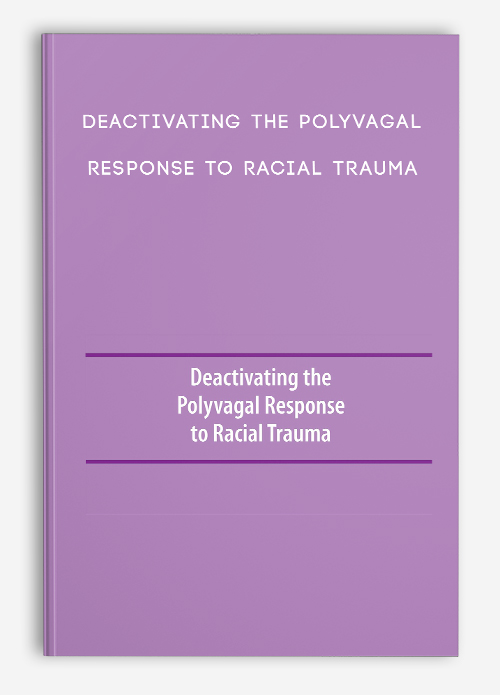

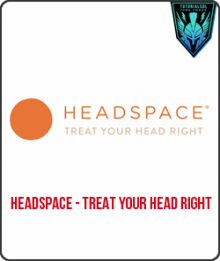
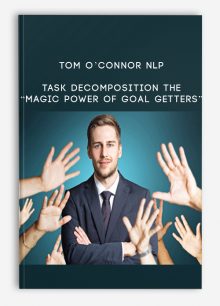

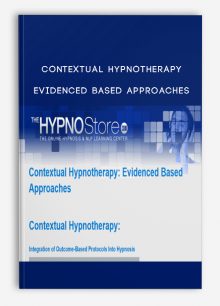

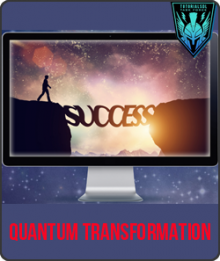

king –
“We encourage customers to contact Customer Service and think twice before making payment. All course contents will be similar to what is from the author.”
Thank you!